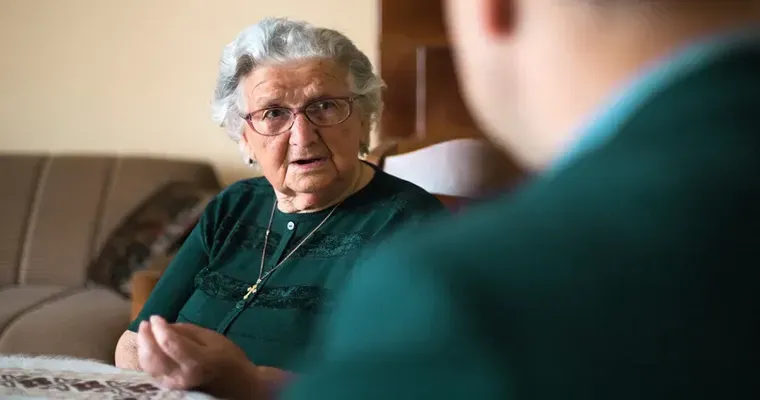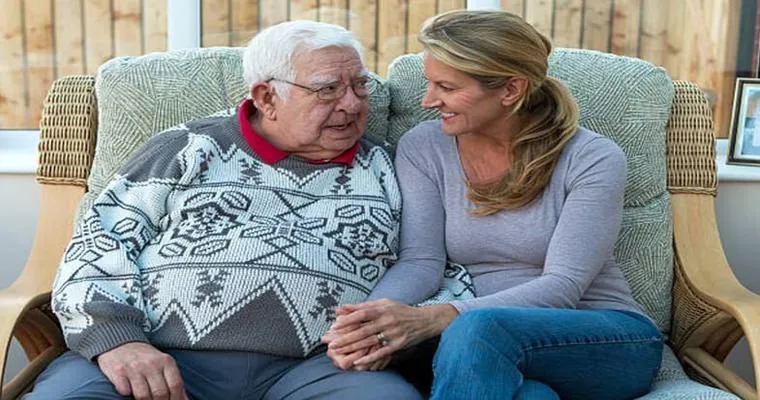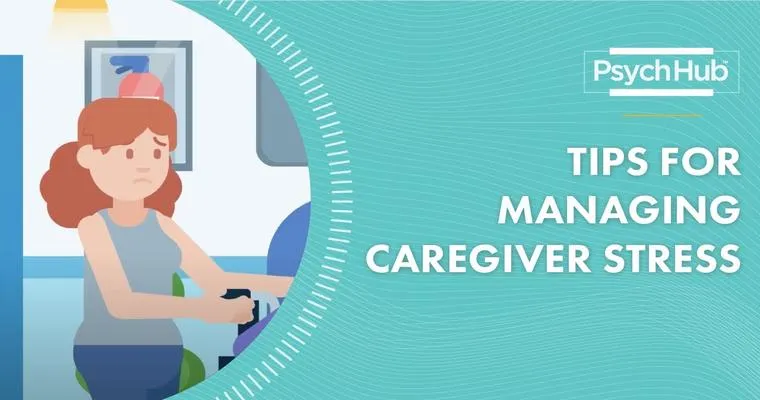When a loved one, especially a parent, suffers a "massive stroke", it can be devastating. The confusion that often follows may lead you to believe that your mom is experiencing "dementia". Understanding the connection between stroke and cognitive decline is crucial for navigating this challenging situation. Here are some steps you can take to help your mom and yourself during this difficult time.
Understanding Stroke and Cognitive Changes
A "stroke" can impact various brain functions, depending on the area affected. After a stroke, it is common for individuals to experience confusion, memory issues, and difficulty with communication. While these symptoms can resemble "dementia", it’s important to understand that they may be temporary or part of the recovery process. Consulting with a healthcare professional will help clarify the situation.
Seek Professional Help
The first step in addressing your mom’s condition is to consult with her healthcare provider. They can assess her cognitive state, determine whether her symptoms are related to the stroke, and evaluate if there is an underlying "dementia" diagnosis. A neurologist or geriatrician can perform cognitive tests and brain imaging to better understand her condition.
Create a Supportive Environment
Regardless of the diagnosis, creating a "supportive environment" is essential for your mom’s recovery. Keep her surroundings familiar and calm to reduce confusion and anxiety. Establishing a daily routine can provide structure and help her feel more secure.
Communicate Effectively
When interacting with your mom, use clear and simple language. Speak slowly and give her time to process information. Non-verbal cues, such as gestures or facial expressions, can also aid communication. Patience is key, as she may struggle to express herself or understand complex instructions.
Educate Yourself About Dementia
If you suspect your mom may be experiencing "dementia", educating yourself about the condition can empower you to provide better care. Familiarize yourself with the various types of dementia, their symptoms, and coping strategies. Understanding what to expect can help you manage your mom's needs effectively.
Involve Family and Friends
Don't hesitate to involve family members and friends in the caregiving process. They can provide emotional support and share the responsibilities of care. Regular communication with loved ones can also help you manage your own feelings of stress and isolation.
Consider Professional Care
If your mom’s confusion and care needs become overwhelming, consider seeking professional assistance. In-home caregivers or adult day care services can provide support, allowing you to take breaks and maintain your own well-being. Exploring these options early can help ensure your mom receives the appropriate care.
Monitor Changes and Stay Informed
Keep a journal of your mom’s symptoms and any changes in her behavior. This record can be helpful for healthcare providers in assessing her condition. Staying informed about "stroke recovery" and dementia can also help you adapt your approach as her needs evolve.
Connect with Support Groups
Joining a support group for caregivers can be beneficial. Sharing experiences with others who are facing similar challenges can provide comfort and practical advice. Many organizations offer resources specifically for families dealing with "stroke" recovery and "dementia".
Conclusion
Navigating the aftermath of a "massive stroke" and the possibility of "dementia" in a loved one is a complex journey. By seeking professional help, creating a supportive environment, and educating yourself, you can better understand and manage your mom's needs. Remember to take care of yourself along the way, as your well-being is crucial for effective caregiving. With patience and support, you can help your mom through this challenging time.





